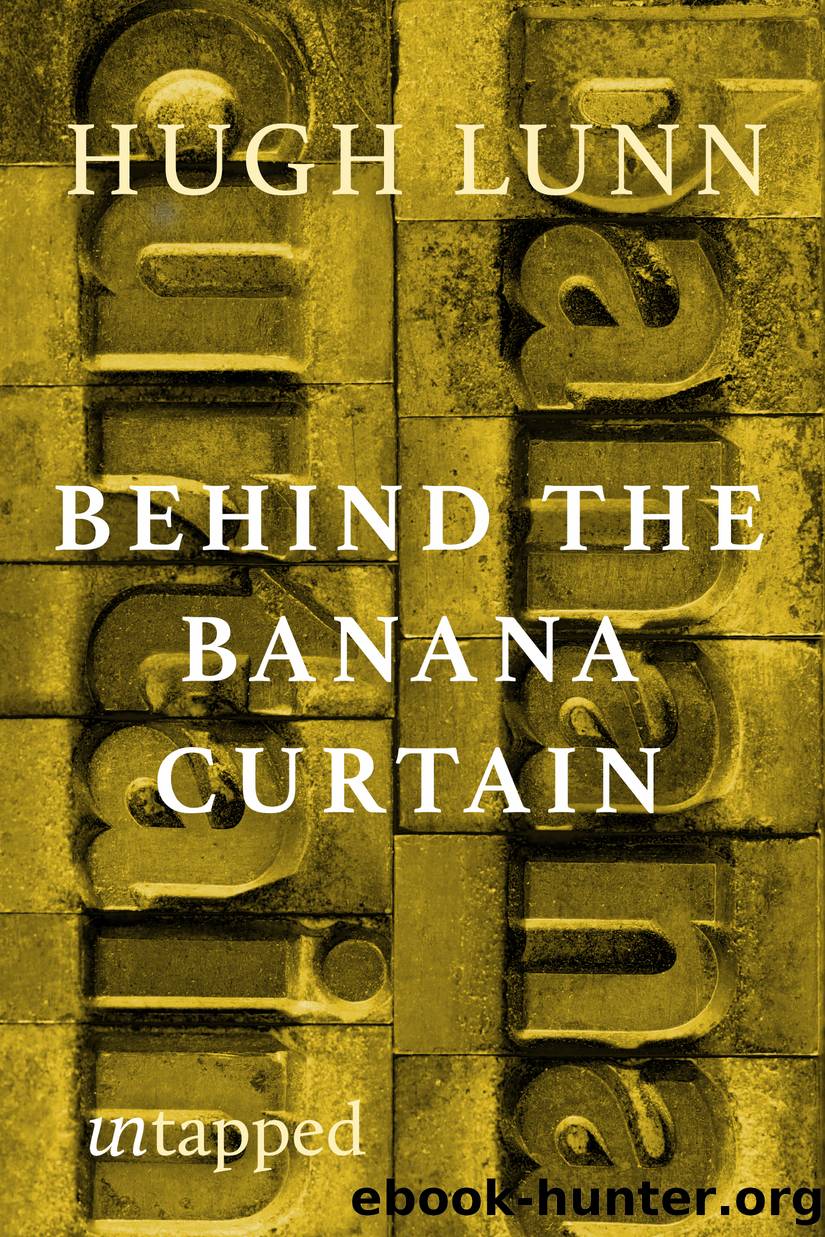Behind the Banana Curtain by Hugh Lunn

Author:Hugh Lunn
Language: eng
Format: epub
Publisher: Ligature Pty Limited
Published: 2021-11-12T21:04:12+00:00
The Right Politics
The Old Boys Running Queensland
Queensland can be better understood if it is realized that, at the end of the 1970s, the state was ruled by ten peopleâall with remarkably similar backgrounds; backgrounds not shared by the vast majority of Australians.
The Bjelke-Petersen ten were all men: nine were farmers or graziers and the other was on a cane growersâ executive before entering politics. They all left school years before they could be challenged by the complexities of tertiary study. All came from small Queensland towns or rural areasâwhat most Australians would call the bush. These ten men had by far the highest average age of any state government in Australiaâover sixty years. That put them, on average, thirteen years older per man than the Fraser cabinet in Canberra. In mid-1979, only one of the ten was under fifty-eight, an age when most Australians are thinking about retirement.
On average, their lives began during World War I: in the days when Germany was ruled by a Kaiser. Their youth was gone by World War II. Generally, they married and had childrenânot in the difficult 1970s, not in the prosperous sixties, not even in the fifties when Bill Haley turned the world upside down forever by introducing rock and rollâbut in the 1940s, the decade of the foxtrot and the gypsy tap.
No wonder then that the official Queensland view of the world has so often been archaic, expressing conservative and simplistic views of complex issues.
Their hometowns read like a tourist guide to rural and outback Australia: Ingham, Kingaroy, Emerald, Oxenford, Mackay, Gympie, Jandowae, Roma, Gayndah, Theodore. Their interests (listed in the official Queensland parliamentary handbook) covered scouts, flying, fishing, horse-racing (three times), football (four), bowls (four), cricket (two), golf, trots, Rotary, and one even listed âsugarâ. About the closest any got to something approaching higher culture was the tourism minister Max Hodges, who listed gardening.
The occupational backgrounds of Johâs top ten were hardly those of the average Australian, even the average Queenslander. Before entering politics two were sugar cane farmers, two were graziers, four (including Joh) were assorted farmers, and one a farmer-grazier. That adds up to nine. The one âoutsiderâ was Val Bird who produced the only job qualification resulting from formal studyâmechanical fitter. But this took him (via mechanical harvesting) into the Ayr District Sugar Cane Growersâ executive. Bird became education minister.
University students in Queensland sitting around discussing Shakespeare or George Orwell or Andrew Marvell (âThe Graveâs a fine and private place, but none I think do there embraceâ) are in a different world altogether. In fact, Marvellâif he were to be discovered by the stalwart tenâmight find himself finally banned (three hundred years after his death) for telling his coy girlfriend: âAn hundred years should go to praise thine Eyes, and on thy Forehead Gaze. Two hundred to adore each Breast: but thirty thousand to the rest.â As an example of just how far behind the times was this Queensland cabinet, it should be pointed out that Marvell himself became a politician.
Download
This site does not store any files on its server. We only index and link to content provided by other sites. Please contact the content providers to delete copyright contents if any and email us, we'll remove relevant links or contents immediately.
Born to Run: by Christopher McDougall(7128)
The Leavers by Lisa Ko(6948)
iGen by Jean M. Twenge(5417)
Sapiens by Yuval Noah Harari(5372)
Spare by Prince Harry The Duke of Sussex(5197)
The Kite Runner by Khaled Hosseini(5181)
Machine Learning at Scale with H2O by Gregory Keys | David Whiting(4313)
Bullshit Jobs by David Graeber(4192)
Never by Ken Follett(3957)
Goodbye Paradise(3811)
Livewired by David Eagleman(3775)
Fairy Tale by Stephen King(3399)
A Dictionary of Sociology by Unknown(3085)
Harry Potter 4 - Harry Potter and The Goblet of Fire by J.K.Rowling(3074)
The Social Psychology of Inequality by Unknown(3031)
The Club by A.L. Brooks(2926)
Will by Will Smith(2920)
0041152001443424520 .pdf by Unknown(2846)
People of the Earth: An Introduction to World Prehistory by Dr. Brian Fagan & Nadia Durrani(2739)
